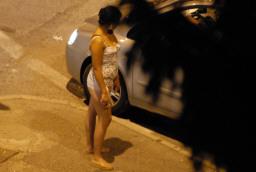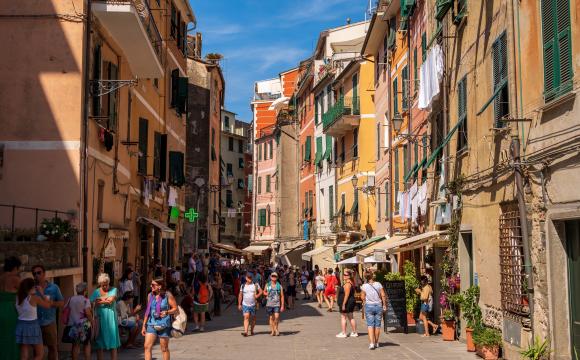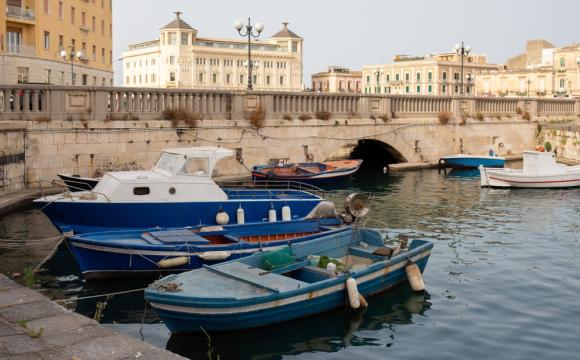The vast majority of Italians are in favor of reopening brothels as a way to both protect prostitutes and get them off the streets, according to a new poll.
The survey was taken for the Donna Moderna magazine and followed a referendum initiative by right-wing politician Daniela Santanche' to repeal a 1958 law which closed brothels in Italy.
The poll found that 85% of Italians were in favor of reopening brothels and the supporters of Santanche's initiative split into two main groups: 47% were in favor as a means to clean up the streets, while 38% were in favor because it was a way to protect prostitutes from exploitation and violence.
Only 11% of those interviewed were against repealing the so-called Merlin Law on the grounds that it would be an incentive for people to engage in prostitution, while 4% viewed the reopening of brothels as ''an immoral act''.
In a recent interview, Santanche' said that ''overturning the Merlin Law and reopening brothels are the only way to combat this new slavery of child prostitutes, eliminate the horrid role of the pimp, isolate the criminal element, discourage drug use and make our streets safe''.
Santanche', who unsuccessfully ran for premier as the candidate for The Right party and even failed to win a seat in parliament, said she would soon begin collecting the 500,000 signatures needed.
She added that she was convinced her initiative would have bipartisan support among women.
Although the Donna Moderna poll showed that most Italians favored reopening brothels, the political debate sparked by Santanche's initiative showed that most Italian parties oppose such a move.
Her proposal was slammed last week by the government's undersecretary for the family, Carlo Giovanardi, who insisted that heavy fines and the naming and shaming of punters caught picking up girls would be the most effective way to combat street prostitution.
''They should be fined and have their cars confiscated - everything that is necessary to discourage this sort of behaviour,'' he said.
Giovanardi said he did not exclude the idea of publishing the names and photos of men who used street prostitutes.
According to a recent study there are some 100,000 prostitutes in Italy, 65% of whom work on the streets and 35% in private residences or clubs.
Most prostitutes were said to be foreigners, from some 60 different countries, 20% were minors and 10% were forced into prostitution by criminal gangs.
The study also calculated that prostitutes in Italy charge an average of 30 euros per customer and generate a turnover in the neighborhood of some 90 million euros a month.
Clients were said to number around nine million with 80% seeking unprotected sex.
Another study, focusing more on Italian prostitutes, painted a somewhat different picture and concluded that prostitution in Italy has undergone a transformation in terms of both those who practise the profession and where it is practised.
The study said prostitutes today are no longer the old-style, uneducated working class girls who walk the streets.
On the contrary, modern prostitutes were technology-savvy women who often held degrees, preferred political talk shows over 'reality' programs and were content with their line of employment, the study observed.
The single largest category of prostitutes today is made up of students (27%), followed by housewives (18%) and women who hold regular part-time jobs and, from time to time, receive clients at their own home for a little extra cash to help make ends meet.
In the majority of the cases women engage in this profession by choice and 43% consider it a temporary situation, the report said.
In regards to where the profession is practised, today's prostitutes prefer their own home to the traditional sidewalk, considering it more safe and comfortable, the study said.
The Merlin Law was named after the late Angelina (Lina) Merlin, a Socialist senator and former resistance fighter who sponsored the bill.













